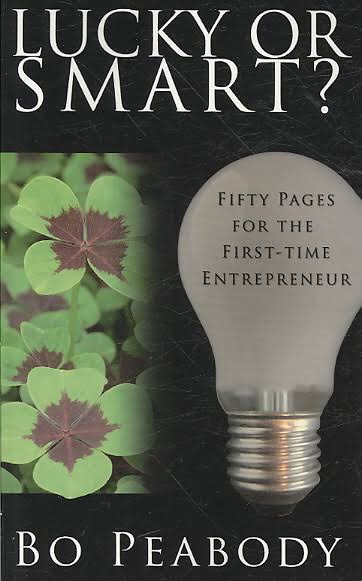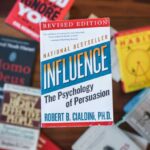Growing up, my parents always told me that to be successful in life, I should study hard and be a good student. Of course, what they meant was I should be an “A” student. I’m sure they hoped that I might grow up to become a well-paid Doctor or Lawyer. However, being a flaming dyslexic, becoming an “A” student was never in the cards for me for which I’m truly grateful.
The ability to get “A’s” in school demonstrates only the ability to get “A’s” in school. With the exception of getting into medical school or a prodigious law school, academic performance has limited bearing on a person’s success and future earning potential, especially when it comes to business or leadership.
The U.S. Army’s military academy at West Point conducted a study on its graduates to see how a cadet’s grades during their academy days correlated to their success in their military career. What the West Point study discovered was that when it came to its graduates who went on to become general officers leading thousands of soldiers and managing billion-dollar budgets, a disproportionately high number of them were, in fact, not at the top of their class but were “B” students at best.
In fact, consider the late Senator John McCain and one-time Presidential candidate. While most people would agree that Senator McCain was one of the country’s greatest leaders and statesmen, few knew that he graduated from the US Naval Academy 5th from the bottom of his class. Senator McCain’s example is proof that academic performance and leadership do not have a cause-and-effect relationship.
In fact, superior academic performance often leads to mediocre earning potential in the long run.
What I have noticed is many individuals with stellar academic performance go on to become wonderful scientists, engineers, and even professors. Most may go on to make a decent living, but few academic high achievers go on to become rich. In fact, having a high IQ can create headwinds for one’s earning capacity in that many truly bright individuals, such as the character Sheldon Cooper in the sitcom “The Big Bang Theory,” appear aloof, unconnected, and hard to relate to by others, impeding their success as contributors.
An issue with high academic performance is that being an “A” student is based on a person’s Intelligence Quotient or IQ. However, as we shared in the post HOW AMAZON’S ALEXA IS THE FLINT THAT WILL SPARK A BUSINESS REVOLUTION IQ is being replaced with Artificial Intelligence or AI, and what makes great leaders today is a person’s Emotional Intelligence or EQ.
As discussed in the post EXTREMES AND THE EFFECT ON MOTIVATION, top achievers are driven to become top in their fields. As a result, most will become great contributors and employees of the “B” student who often make better leaders.
“The entrepreneur is a “B” student.”
Bo Peabody
Bo Peabody, the author of Lucky Or Smart, once said, “The entrepreneur is a “B” student.” What he meant by that statement was that the entrepreneur cannot afford to be an “A” student in only one subject. Instead, a business owner needs to be a “Jack of all Trades.” That is to say, he needs to be competent, or what Bo calls a “B” student in many subjects such as Finance, Marketing, Operations, etc.
There is a joke I heard once that involves a philanthropist who strikes up a conversation with a college dean and says, “Take care of your “A” students, because they’ll become your professors. Also, take care of your “B” students, because they’ll become your steady alumni donors. However, take really good care of your “C” students, since they’re the ones who will most likely build you that new wing to the college in their name because they will become the entrepreneurial mavericks who will go on to start successful companies.”
“B’” and “C” students have learned to flourish by using a combination of IQ and EQ to give them the ability to be good leaders and business people. As a result, they can relate to and motivate “A” student employees.
Are you too academically driven to be a successful entrepreneur?












